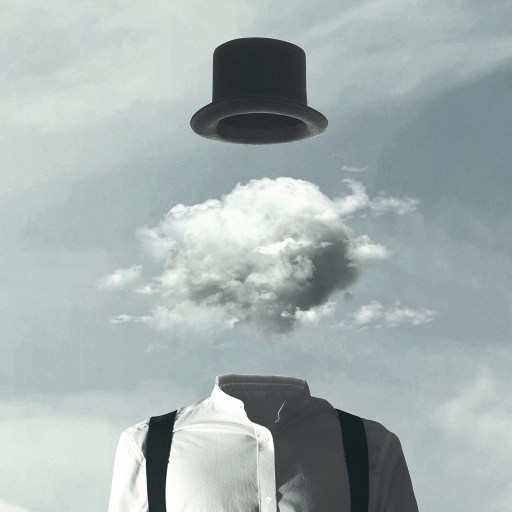bigthinkeditor

Five centuries ago, Gutenberg’s printing press was the new technology that swamped the world with data. What can we learn about our own times from the event?
Forcing countries to agree to emissions caps will never work, argue Ted Nordhaus and Michael Shellenberger. Instead, they say, the focus should be on technology innovations.
An oft-heard homily—”It’s the thought that counts”—is put more lyrically by the Chinese—”To walk a thousand li and present a swan feather; the gift is light but the friendship is solid.”
Law schools are manufacturing more lawyers than America needs, and law students aren’t happy about it. The demand for lawyers has fallen off a cliff, reports Slate.
Social media have increased the volume of our communications yet diminished the substance of them. Neal Gabler reviews Facebook’s new initiative to replace email.
After a spontaneous flight to Washington, Elvis hand-wrote a letter to then President Nixon asking for a badge from the federal Bureau of Narcotics. Nixon gave him one.
A new wave of research into bullying’s effects suggests that bullying can leave an indelible imprint on a teen’s brain at a time when it is still growing and developing.
Seismic changes in the communist economy built by Fidel Castro are enriching some Cubans, scaring others, and sparking imaginations. Will the Caribbean gem shine again?
For a debate about religion and its influence on world politics and humankind you could do no better than Tony Blair and Christopher Hitchens. The two met in Toronto to hash it out.
State Department cables obtained by The Atlantic detail a nuclear blackmail scheme executed by Libyan officials intent on wielding the power of their last cache of nuclear material.
While self-awareness may be unique to humans, we share a different kind of consciousness—phenomenal consciousness—with many animals, says philosophy professor Ned Block.
A surplus margin of military superiority does not buy increased national security, says Paul Pillar, director of graduate studies at Georgetown University’s Security Studies Program.
At a time when digital shooting offers lower cost and greater artistic control, it’s fascinating to watch our most acclaimed filmmakers hasten the demise of actual film.
The royal nuptials of Prince William and Kate Middleton is welcomed by Britons—but most say they want a more modest affair that doesn’t drain the public purse.
They might be best known for space travel, but the folks at NASA are determined to shape the future of commercial aviation. The agency says airliners need to be greener.
Breathing other people’s tobacco smoke is the cause of one in every 100 deaths worldwide, but a risk over which its victims have no control, says the World Health Organization.
Institutions of public health and the commercial interests that surround it, including the media, do more harm than good to the nation’s health, says Cornell professor Richard Klein.
Few presidents have lived as full a life after office as Theodore Roosevelt, but historian Michael Kazin argues that Roosevelt’s third act was a bit aimless and contradictory.
Like female African cichlid fish, humans might also possess an overwhelming evolutionary imperative to find the toughest, most combat-ready mates.
Pessimism is often wrong because people assume a world where there is no change or innovation. They fail to recognize insights that might alter current trends, says Bill Gates.
Just what is the point of Twitter? The Telegraph speaks to its chief, Dick Costolo, and two of its founders, Evan Williams and Jack Dorsey, in a bid to find out.
A Chinese consumer society would improve the lives of hundreds of millions of people in China and once again give hope to world economic growth, extending benefits outward.
Why has the Red Bull energy drink company built up its very own sporting empire, organizing aerobatics competitions, sponsoring snowboarders and running a soccer team in New York?
Fred Pearce looks at what hopes there are for agreement on a replacement for the Kyoto protocol as world experts get together from 29th November to 10th December in Mexico.
Psychologists have discovered more “bad news” about human nature: If doing the wrong thing is easier than doing the right thing, most of us will just go “with the immoral flow.”
Europe’s bail-out fund is not big enough to handle the country next in line: Spain, the euro’s fourth-biggest economy, with a GDP bigger than Greece, Ireland and Portugal combined.
In primitive societies, a beard was often the sign of masculinity. These days politicians, at least, are rarely seen with one. What does a beard mean on a modern man?
Norris Church Mailer was principally known as the wife of the renowned American author Norman Mailer, but she was also a respected author in her own right.
Has American fiction become inseparable from its institutional context—the university—particularly embodied in the writing workshop? A new book examines the MFA’s influence.
In embracing a common technology—text messaging—a new online platform provides a fast, cheap and easy way to share ideas, connect them together and improve communities.